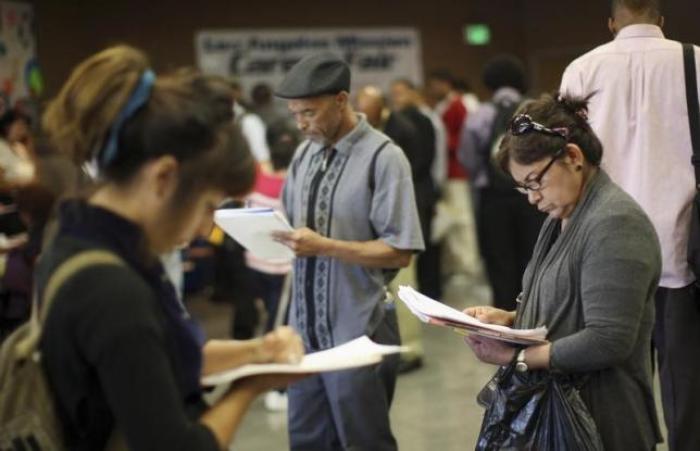Unemployment Claims in the U.S. Rose Last Week to a Still-Low 259,000
The number of American filing for unemployment benefits last week rose less than economic forecasts, indicating a strong U.S. labor market.

The United States Labor Department on Thursday released a report which indicates that claims for unemployment aid, a proxy for layoffs across the country, rose by 22,000 last week to a seasonally adjusted 259,000.
Data collected on unemployment applications is not always accurate on a week to week basis as seasonal adjustments are harder to incorporate especially around the holidays; Martin Luther King Day was observed last week. To gain a clearer understanding, the four-week average taken of the recent data reveals a fall of 2,000 in unemployment applications to 245,000 which is the lowest since November 1973 when Richard Nixon was President, reports The Wall Street Journal.
Despite volatility in recent months, jobless claims in the U.S. have remained below 300,000 threshold for 99 consecutive weeks -- the longest streak since 1970 when the population and workforce of the United States was considerably smaller. Overall, the number of United States residents collecting unemployment checks now stands at 2.1 million, which is a 6.6 percent decrease from last year's number.
The American labor market remains well-set in the early stages of 2017 with the unemployment rate in December recording a nine-year low at 4.7 percent -- almost considered as "full employment" by economists. Employers added nearly 2.2 million jobs in 2016 with around 180,000 new jobs being added each month, according to the Associated Press.
Despite the negative impact of the 2007-2009 recession still being felt in the market (with a large number of Americans in their prime working years not finding steady employment), the unemployment rate and other indicators "support the view that the labor market has largely recovered from the severe downturn that occurred in the wake of the financial crisis," Federal Reserve Chairwoman Janet Yellen said in a speech last week.





























